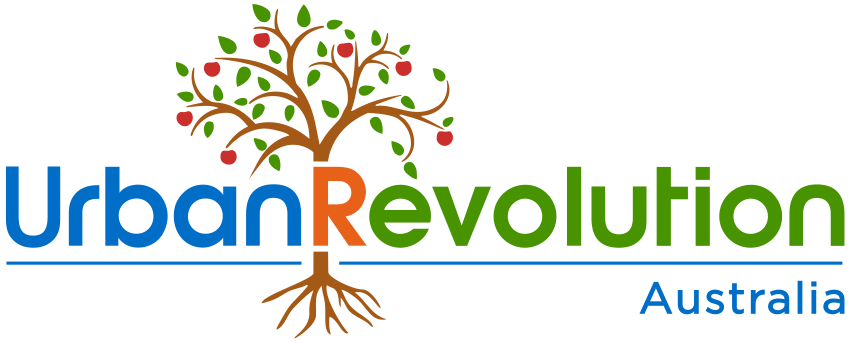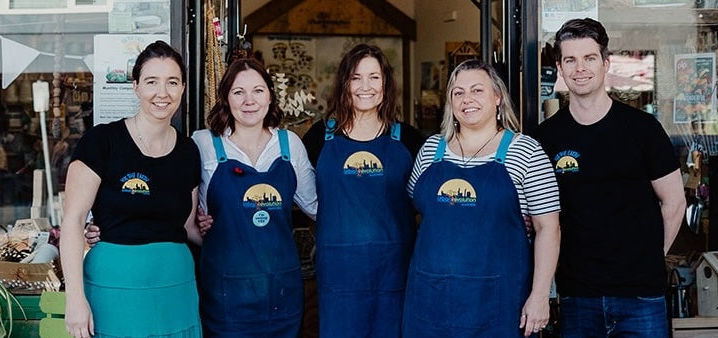How are WGAC Paper Towels Made?
The standard Who Gives a Crap paper towels are made from a bamboo-sugarcane mix and are 2 ply making them a soft, and tree free paper towel.
Why buy WGAC Paper towels?
50% of the profits of Who Gives A Crap products are donated to building toilets for those in need. This high quality tissue paper comes in many different colourful boxes, sure to brighten up any room.
Eco Friendly Paper Towels:
- Super strong 2-ply can handle even the toughest cleanups
- No trees harmed - made with a blend of bamboo and sugarcane
- No inks, dyes or chlorine
About Who Gives a Crap (WGAC)
Simon, Jehan and Danny launched Who Gives A Crap in 2012 through a crowdfunding campaign when they learnt that 2.4 billion people don't have access to a toilet. That's roughly 40% of the global population and means that around 289,000 children under five die every year from diarrhoeal diseases caused by poor water and sanitation. That's almost 800 children per day, or one child every two minutes. The business has continued to grow and they donate 50% of their profits to help build toilets and improve sanitation in the developing world.
Sanitation is an integral part of WASH, an acronym that stands for Water, Sanitation and Hygiene. Each of these elements is essential in ensuring that developing communities protect themselves from disease and illness caused by contact with waste. When working together, clean water sources, toilets and proper hygiene can completely eliminate waterborne illness and disease, and protect waterways from pollution by human waste.







